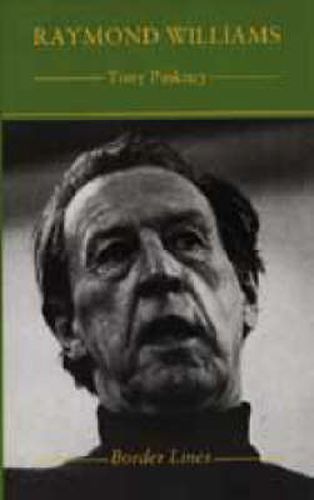Readings Newsletter
Become a Readings Member to make your shopping experience even easier.
Sign in or sign up for free!
You’re not far away from qualifying for FREE standard shipping within Australia
You’ve qualified for FREE standard shipping within Australia
The cart is loading…






Raymond Williams (1921-1988) was one of the most original and influential thinkers of the post-war period. Many know him for his work on mass culture and his left-wing literary criticism, yet he is also the author of six novels, set in his native Welsh border country. This area was central to all of Williams’ work and it seems liekly that his novels meant more to him than his other writing. This is the first critical study of the novels: Border Country, Second Generation, The Fight for Manod, The Volunteers, Loyalties and People of the Black Mountains. In it Tony Pinkney sees the novels as the battleground of political and cultural forces, particularly modernism, realism and postmodernism. In these books, he contends, Williams found a way to dramatise the pressures which society bears upon us, and the ways in which we might alter that society. His close reading of the novels is an invaluable guide to them, and to their author.
$9.00 standard shipping within Australia
FREE standard shipping within Australia for orders over $100.00
Express & International shipping calculated at checkout
Raymond Williams (1921-1988) was one of the most original and influential thinkers of the post-war period. Many know him for his work on mass culture and his left-wing literary criticism, yet he is also the author of six novels, set in his native Welsh border country. This area was central to all of Williams’ work and it seems liekly that his novels meant more to him than his other writing. This is the first critical study of the novels: Border Country, Second Generation, The Fight for Manod, The Volunteers, Loyalties and People of the Black Mountains. In it Tony Pinkney sees the novels as the battleground of political and cultural forces, particularly modernism, realism and postmodernism. In these books, he contends, Williams found a way to dramatise the pressures which society bears upon us, and the ways in which we might alter that society. His close reading of the novels is an invaluable guide to them, and to their author.